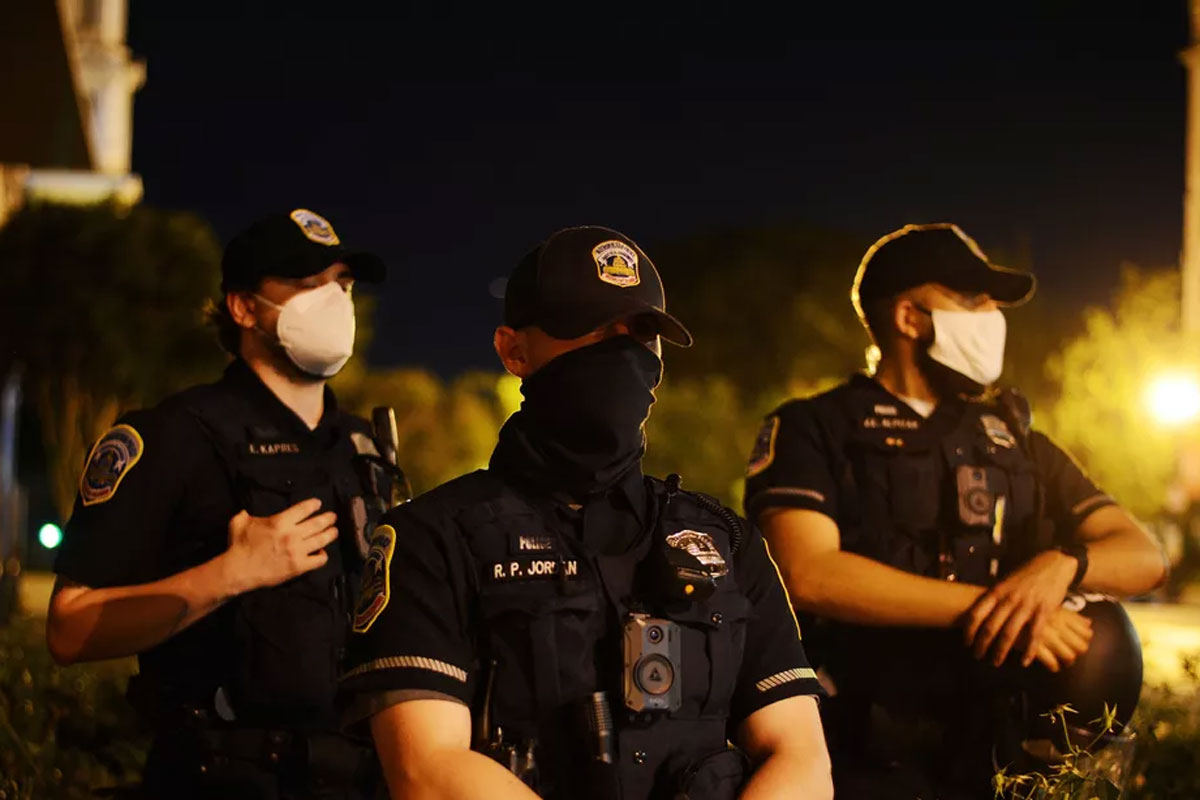 CHICAGO – Illinois legislators continue their discussion on police reform in the ninth hearing called by the Illinois Legislative Black Caucus, this time focusing on decertification and licensure of police officers.
CHICAGO – Illinois legislators continue their discussion on police reform in the ninth hearing called by the Illinois Legislative Black Caucus, this time focusing on decertification and licensure of police officers.
“To achieve meaningful criminal justice reform, we must develop the appropriate solutions to prevent bad actors from continuing to work in law enforcement,” State Senator Elgie R. Sims Jr. (D-Chicago) said. “We seek police reform that will not only hold officers accountable, but maintain morale and help rebuild the fractured relationship between law enforcement and the communities they serve.”
Committee members heard testimony from the Office of the Attorney General, the Illinois State’s Attorneys Association, the Illinois Law Enforcement Training Standards Board, the Illinois State Police, the Illinois Chiefs of Police, the Police Benevolent & Protective Agency, BPI Chicago and the Advisory Panel for Improving Illinois’ Police Decertification Laws.
Sims co-chaired the joint Senate hearing with State Senator Robert Peters (D-Chicago), chair of the Senate Special Committee on Public Safety. Chair of the House Judiciary-Criminal Law Committee State Representative Justin Slaughter (D-Chicago) and other committee members also participated as guests.
"This has been a big issue this year," Peters said. "It's great that we're finally having an official discussion, and I hope this can lead toward further efforts to win safety and justice in our communities."
"As we continue to examine ways to eliminate racism and police brutality, it is important to consider police licensing and decertification measures,” said Slaughter. “Preventing law enforcement officers who are found guilty of certain types of misconduct from being re-hired by other agencies is a necessary step in addressing the racism and inequality that exists in our current criminal justice system. We must hold our officers to a higher standard to build trust and help keep our communities safe."
Criminal justice reform is the first of four pillars the Black Caucus is using to guide their agenda to address systemic racism. They include:
- Criminal justice reform, violence reduction and police accountability
- Education and workforce development
- Economic access, equity and opportunity
- Health care and human services













 © 2026 Illinois Senate Democratic Caucus
© 2026 Illinois Senate Democratic Caucus